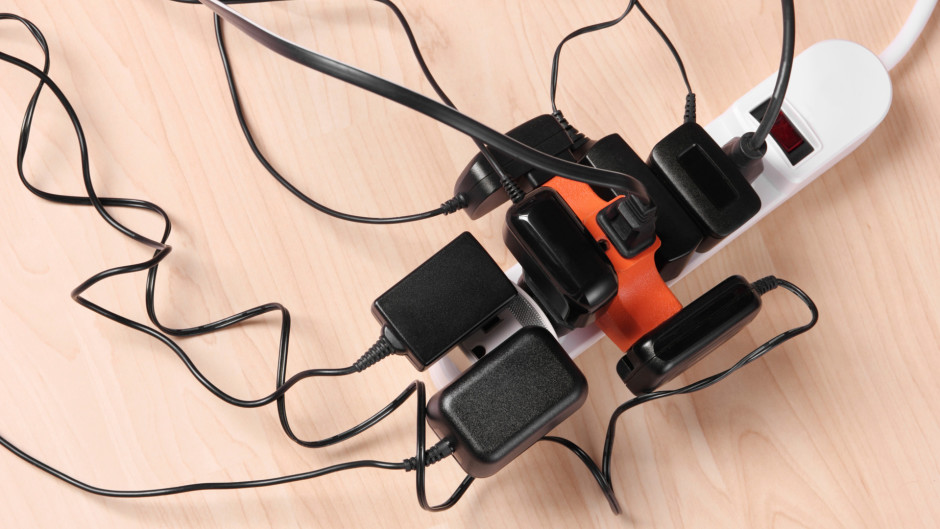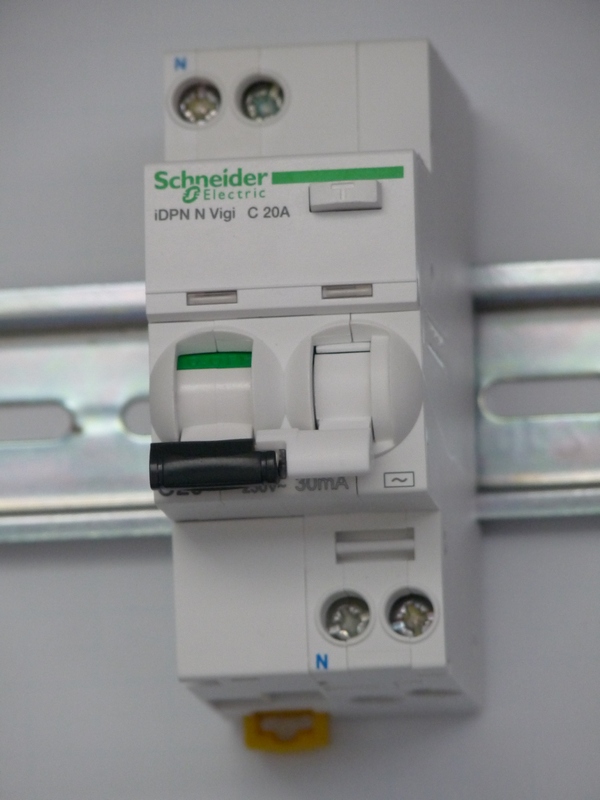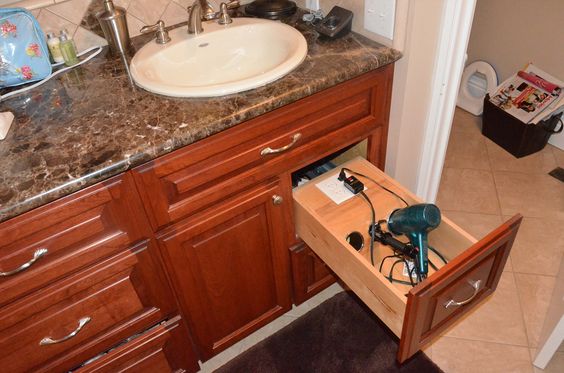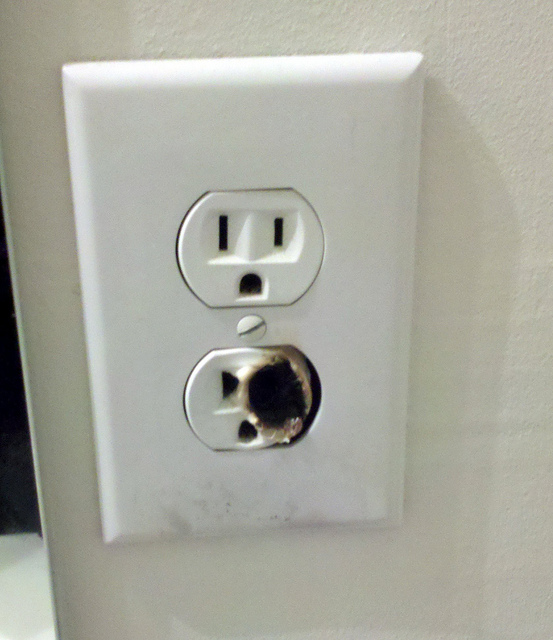Technology and science have made homes (and workplaces) more comfortable and pleasant. People often overlook electricity as it is omnipresent to illuminate homes and operate appliances and gadgets. However, as beneficial electrical currents are to illuminate homes, workplaces, and streets, they can also cause severe injuries; and sometimes these injuries can be fatal.
Injuries Due to Electrical Current
The human body is a better conductor of electricity than many materials around us. Hence, if electricity does not find a path, it will course through your body, wreaking havoc, as you end up becoming a part of the electrical circuit. Electrical current can result in four types of injuries – electrocution, which is usually fatal; electric shock; falls; and burns. These injuries can occur in different situations.
- Direct Contact: When the body comes in direct contact with a circuit part or an energized conductor, electric current flows through the body. It impedes the normal electrical signal between the muscles and the brain, resulting in problems like muscle spasms, or stoppage of lung or heart function.
- Electrical Arc Contact: Overhead power lines or energized conductors that are exposed often create electricity arcs. These arcs can jump onto a person, who is grounded, as the body provides another route for the electric current to flow into the ground. This can result in thermal burns. These burns can be minimal on the surface, but extensive under the skin. The ultraviolet and infrared rays emitted from an electrical arc can damage the retina, leading to temporary or permanent blindness.
- Arc Blast: When an arc flash occurs, there can be a pressure wave that can cause injuries. Besides causing you to fall off a ladder and sustain severe injuries, the blast can damage your eardrum, cause painful muscle contractions, and even lead to your lungs collapsing, thereby stopping your breathing.
Statistics by Electrical Safety Foundation International, a non-profit organization that promotes electrical safety in North American workplaces and homes, show that in 2010, there were 163 fatal injuries in American workplaces, with construction trades workers, like electricians, roofers, carpenters, and construction laborers being the most susceptible to sustaining electrical injuries. These statistics drive home the importance of having and following electrical safety measures, be it at home or in the workplace.
The Legal Side
Be informed that there’s a legal side to electrocution. If you or someone you know happen to involve in an electrical accident (often termed as electrocution) and if the accident occurred due to a negligence or a fault from the power line distribution company, then in such cases you can take legal actions against the power distribution company. The victim is eligible for a monetary compensation in such cases. There are attorney firms like the Law Office of Jeffrey H Fieldman which focus and specialize in electrocution cases alone in the United States.
Signs of Electrical Hazards
Before an electrical problem occurs, you will get several signs. It is imperative you pay heed to these signs. Otherwise, you risk an electrical shock or even an electrical fire. Some of the most common signs of an electrical hazard are as follows:
- Dim, surging and/or flickering lights
- Breakers tend to frequently trip
- Fuses are constantly blowing out
- Switches and/or fuses are hot to touch
- Plug outlets do not work even after resetting the breaker or replacing the fuse
- A hot, plastic burning odor
If you notice one or more of these signs, you should immediately get in touch with a licensed electrician, who can evaluate and determine the cause and then suggest the aptest solution.
Electrical Safety Rules
While you may feel you know everything about dangers of working or being around electricity, there are still chances you may overlook a few things. You can take the following measures to reduce electrical hazards and minimize the chances of electrical fires and accidents:
Switch Off:
When you are not using an electrical appliance or gadget, learn to switch it off. This not only saves electricity (yes, appliances and gadgets still use electrical power even if they are not being actively used and kept on standby – read about Phantom Power), but it also boosts the lifespan of your electrical appliances and gadgets.
You should also make it a point to check all electrical devices in your home before you retire to bed. Ensure they are switched off. This will minimize the chances of an electrical fire or short circuit while you are in slumberland.
Refrain from Overloading:
When you have limited electrical outlets at home or in the workplace, it is tempting to install an adapter and then connect multiple plugs without taking note of the total output. This can lead to overheating of the outlet or even causing the fuse to blow out. Ideally, you should be using one plug per electrical outlet.
In case you are using an adapter, make sure the output from all the plugs should not exceed the total rating. Never join multiple adapters and use, as it can be a disaster waiting to happen. It could lead to a short circuit or an electrical fire due to overload.

Don’t Nail It!
Yes, DIY projects are fun and can save you money. However, they can also be potential electrical hazards, especially if you have to drill holes or bang nails into the walls. You don’t know what is lurking behind the wall, in the drywall. You could very well end up hitting a live wire, risking a near-fatal electric shock. Hence, it is best to get in professionals to do the work for you, even if it means spending a little more money.
Keep Liquids and Electricity Separated:
This is common sense, but you will be surprised to learn how many people actually forget keep liquids and electricity away from each other. So, don’t forget the age old rule – never touch any electrical appliance with wet hands. If your hands are wet, first dry them thoroughly before plugging, unplugging or using an electrical appliance.
Your electrical appliances are not tables for your beer or soda. So, don’t even think of using the top of your microwave or gaming console to keep any liquids. If a spill occurs, it could enter into the appliance, resulting in a short circuit. Also, if you using an electrical kettle, never top up the water while the kettle is plugged into the outlet.
Install a Ground Fault Circuit Interrupter:
If you are doubtful about the quality of wiring, it is prudent to install a residual current device. You can fix it on a fuse box and should the device detect a leak, it will immediately cut off power supply to prevent electrical shocks or electrocution. Remember, as the circuit interrupter is kicking in, it is still possible to get an electrical shock. However, in this case, it will be a non-fatal shock.

You can also install one ground fault circuit interrupter (GFCI) at each electrical outlet to protect yourself from electrocution from that particular outlet. It may be a good idea to install a GFCI in the bathroom if you tend to use bathroom appliances, like hair dryers and electric toothbrushes. You can get portable interrupters that can be plugged into outlets that you use for portable electrical appliances, such as vacuum cleaner and lawnmowers.
Electrical Appliances and Your Bathroom:
Keep electrical appliances out of the bathroom. Why? Water and electricity do not mix. Of course, you will still need your hair dryer, a radio to keep you entertained why you have a relaxing soak, your electric toothbrush and shaver. If you want to use these electrical items in your bathroom, check the labels carefully. They should be specially designed for use in bathrooms. Also, never touch any of these items with wet hands and do not get them wet. If you do, call in a professional before you decide to use them again.

Observe and Fix:
Keep a close eye on the state of the plugs, sockets and wiring of gadgets and appliances. If you find that they are burned or frayed, it is prudent to call in a licensed electrician right away to fix the problem. Refrain from using any plug or outlet that is burned. The same holds true for appliances or devices with burned and frayed wiring.

Do not let the electrical wires trail on the floor or under carpets. For one, they can be tripping hazards. But most importantly, you will be unable to check on the state of the wires if they are hidden under the carpet or behind heavy furniture. For some reason, you need to lay electrical wires on the floor, it is best to tape them securely to the floor. Remember, electric cables and wires should never run over kitchen appliances such as stovetops and toasters. This can be extremely dangerous and is a definite recipe for disaster.
Kids and Electrical Appliances and Gadgets:
If you have kids, make sure your kids do not enter the house wet. This could be after taking a dip in the swimming pool or frolicking in the rain. Keep a towel handy to dry them off completely. Your home is a repository of electrical appliances and gadgets, like any other modern home. These electrical sources can be a risk to their safety, and you surely don’t want to take chances. So, get your kids to first dry out completely before you allow them indoors. In fact, this is a good rule for all family members to follow, including you.
The Bottom Line
Electricity is one of the best inventions that mankind has made. It has revolutionized our lives and ushered in industrial and technological advancements. However, it also has the potential to wreak havoc and cause extensive damage. So, treat electricity with respect and you will have no cause for concern. The best way is to follow these electrical safety tips, as they prevent you from taking electricity for granted.
If for some reason, even after follow electrical safety protocols, an electrical accident occurs, first switch off and disconnect the power source before helping the affected person or trying to handle an electrical device or appliance. Finally, get a licensed and qualified electrician to fix the problem without any delay.

Comments are closed.